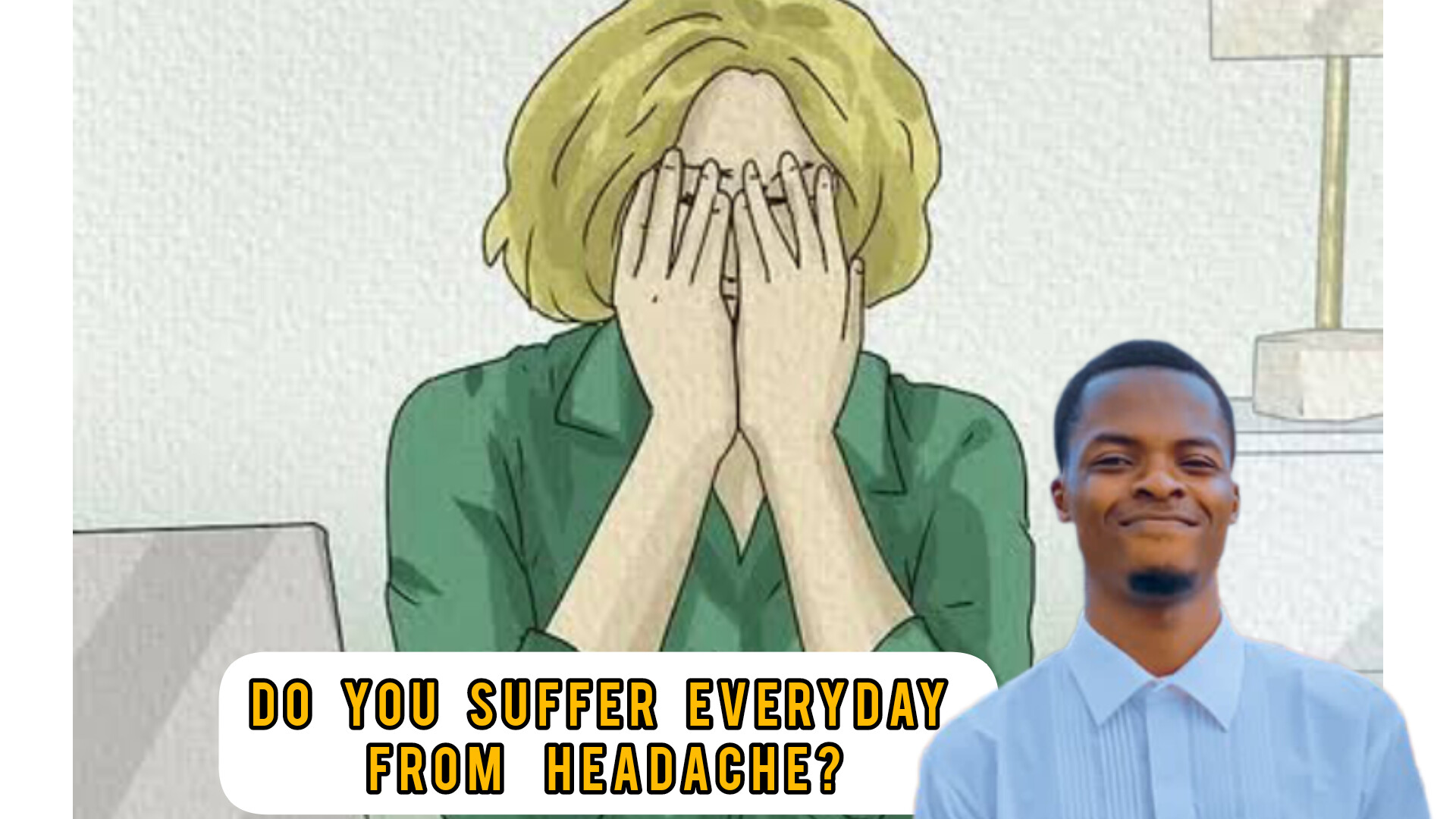- Get link
- X
- Other Apps
JUST IN
- Get link
- X
- Other Apps

Pain in your teeth, from decay or disease, or pain in your jaw, from tightness or TMJ, can show up as a headache in the top of your head, he explains. It's called "referred pain" and is a very common symptom of dental issues. You should already be seeing your dentist on the regular but if you have a headache that won't quit, it's worth popping in for another check-up.
Lack of sleep ruins everything. It can expand your waistline, make you crave junk food, hurt your memory, and make you cranky (not to mention, you know, exhausted). But it turns out that chronic insomnia can also cause chronic headaches. "Unrested muscles can cause tension headaches and insomnia releases stress hormones, both of which trigger headaches," Mikhael says.
"A lot of women think headaches are something they must simply endure or treat by taking over-the-counter painkillers like ibuprofen or Tylenol, but not only is that not the best treatment it can even be dangerous as using those medications daily can cause serious damage to your kidneys and liver," he explains. "If your headaches are affecting your daily life, it's time to see a doctor."

Are you fighting headache?. Headaches are one of the most common reasons people see a doctor, with three-quarters of women saying they had a headache in the last year. Women of reproductive age are the most likely to be affected, with one in four ladies under 45 years old reporting suffering from "severe" headaches or migraines, according to the most recent data from the Centers for Disease Control and Prevention. But while we've all likely had a headache recently, there are some unlucky souls who suffer from recurring or chronic headaches, also known as headache disorder, according to the World Health Organization.
Headaches are most common doesn't mean you just have to live with them, especially not if you're having them on a daily basis, says Medhat Mikhael, M.D., a pain management specialist and medical director at Orange Coast Memorial Medical Center in Fountain Valley, California.
What doctor should do is to ask you a bunch of questions—about everything from your sex life to your diet to your job. Why the major interrogation? Because almost anything in your life can potentially trigger chronic headaches, and identifying your triggers is the single best thing you can do to treat them. Start by keeping a detailed "headache journal" and record your diet, exercise, sleep, and menstrual patterns to see if you can find a link.
Headachetreatments
SELF-TREATMENT
Remedies that may reduce headache pain include aspirin, paracetamol and ibuprofen. Resting in a darkened room may also help.
SEEKING MEDICAL CARE
See a doctor immediately if you:
Feel worse than usual
Get a sudden, severe headache
Become confused, slur your speech or faint
Have one-sided numbness or paralysis, or trouble seeing, speaking or walking
Develop a fever higher than 102°F (39°C)
Experience nausea or vomiting
Make an appointment to see a doctor if you:
Start having frequent headaches
Are getting worse over time
Can't work, sleep or do daily activities
Don't improve with self-treatment

Comments
Post a Comment
Let know your comments